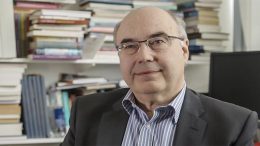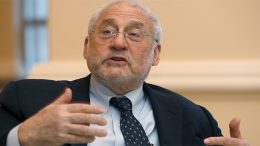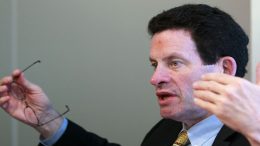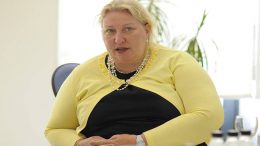“The CaixaBank-Bankia Operation Is The Teaming Up Of Two Peas In A pod”
Manuel Moreno Capa | “The concentration of entities is a mantra of the ECB and the EBA. For me it is not evident that the reduction of costs -slow and expensive- is going to make profitability appear where there is none. Caixabank and Bankia are the outcome of several large mergers and takeovers from the 2009 round. Therefore they have not overcome their difficulties,” said Santiago Fernández Valbuena, president of Aedas Homes, vice-president of EBN Bank and director of Ferrovial.










